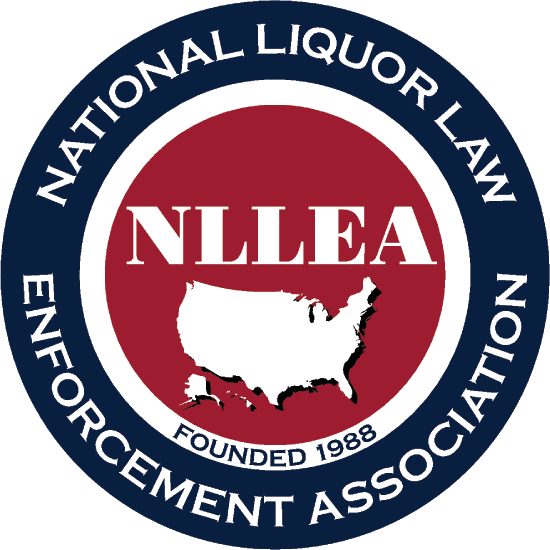NHTSA Report Year 3-POLD Implementation
NHTSA Report Year 3-POLD Implementation
Place of Last Drink (POLD): A Case Study of Vermont’s Implementation of POLD using an Implementation Framework
NHTSA Report Year 3-POLD Implementation
The mission of the Vermont Division of Liquor Control is to serve the public by preventing the misuse of alcohol and tobacco through controlled distribution, enforcement, education, and by providing excellent customer service by operating efficient, convenient liquor agency stores. The Office of Compliance and Enforcement (OCE) is charged with investigating possible violations of liquor laws and regulations and carrying out enforcement activities related to those incidents.1
The Office of Compliance and Enforcement (OCE) is partnering with the National Liquor Law Enforcement Association (NLLEA) and the National Highway Traffic Safety Administration (NHTSA) in a five-year evaluation of some of its initiatives. This report is the third in a series of case studies and continues an examination of Place of Last Drink (POLD), an initiative that seeks to identify a licensed alcohol establishment where someone involved in an alcohol-related incident consumed their last alcoholic beverage.2 This report builds on evaluation of OCE’s projectR.A.B.I.T. data dashboard in year one and initial examination of POLD in year two. It examines implementation of POLD in Vermont using a framework of implementation components developed by researchers at the Alcohol Epidemiology Program at the University of Minnesota,3 examination of outlet density and POLD incidents, and staffing capacity of Vermont compared to national averages (based on a capacity study conducted for the Maine Bureau of Alcoholic Beverages and Lottery Operations, BABLO).4
